Rep. Rielly’s Bills to Support Maine’s Growing Aquaculture Industry Signed Into Law – Perishable News
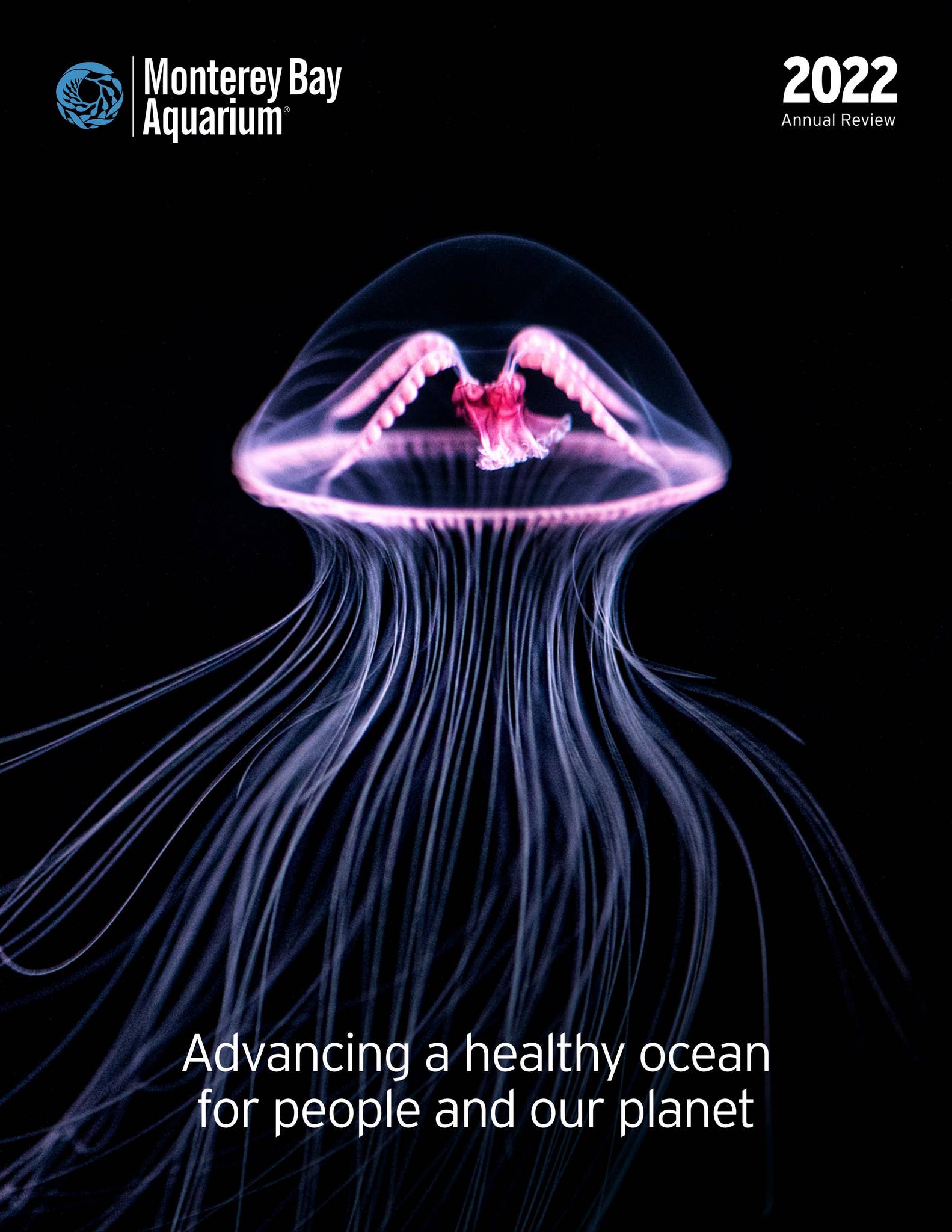
Report on New Maine Legislation Supporting Sustainable Aquaculture and UN SDGs
Overview of Legislative Measures
Three legislative measures have been enacted in the state of Maine to support and sustain the local aquaculture industry. These laws address critical operational, infrastructural, and legal challenges faced by the sector.
- LD 1595: This law extends nuisance complaint protections, previously afforded to commercial fishermen, to the aquaculture sector. This measure is designed to prevent disruptions to operations and food production caused by non-operational complaints.
- Working Waterfront Infrastructure Engineer Corps: A new initiative will be developed to establish an engineer corps focused on the specific infrastructural needs of working waterfronts, supporting the aquaculture industry’s physical foundation.
- Simplified Aquaculture Leases: The process for securing aquaculture leases will be simplified, reducing administrative barriers and encouraging growth and investment in the sector.
Alignment with Sustainable Development Goals (SDGs)
The enactment of these laws directly supports several United Nations Sustainable Development Goals (SDGs) by fostering a more resilient, equitable, and sustainable aquaculture industry.
SDG 2: Zero Hunger & SDG 14: Life Below Water
- Enhancing Food Security: By protecting aquaculture operations from undue disruption, the legislation ensures a more stable and reliable production of aquatic food sources, contributing directly to the goal of ending hunger (SDG 2).
- Sustainable Marine Resource Management: The laws promote a well-regulated and stable aquaculture industry, which is a key component of sustainably managing and protecting marine and coastal ecosystems as outlined in SDG 14.
SDG 8: Decent Work and Economic Growth & SDG 9: Industry, Innovation, and Infrastructure
- Promoting Economic Growth: Simplifying lease processes and protecting operations fosters sustained and inclusive economic growth within Maine’s coastal communities (SDG 8).
- Ensuring Decent Work: The nuisance complaint protections provide job security and a more stable working environment for thousands of Mainers employed in the aquaculture sector.
- Building Resilient Infrastructure: The creation of a Working Waterfront Infrastructure Engineer Corps is a direct investment in building resilient infrastructure (SDG 9) tailored to the unique needs of the marine industry, fostering innovation and long-term viability.
SDG 11: Sustainable Cities and Communities & SDG 16: Peace, Justice, and Strong Institutions
- Strengthening Community Resilience: Supporting the economic foundation of the working waterfront makes coastal communities more inclusive, safe, and resilient (SDG 11).
- Fostering Strong Institutions: The new laws represent effective and accountable governance (SDG 16) by creating a fair and just legal framework that provides the aquaculture sector with the same protections as other established marine industries.
Analysis of Sustainable Development Goals in the Article
1. Which SDGs are addressed or connected to the issues highlighted in the article?
-
SDG 2: Zero Hunger
The article directly connects to SDG 2 by focusing on the aquaculture industry as a source of “food production Mainers rely on.” Supporting and protecting this sector contributes to ensuring a stable and local food supply, which is a core component of achieving food security.
-
SDG 8: Decent Work and Economic Growth
The new laws aim to support Maine’s “growing aquaculture industry” and protect “aquaculture workers.” By creating a more stable legal and operational environment, the measures promote sustained economic growth in a key coastal sector and secure employment for those working within it.
-
SDG 9: Industry, Innovation, and Infrastructure
The establishment of a “Working Waterfront Infrastructure Engineer Corps” is a direct investment in infrastructure critical to the aquaculture industry. This initiative aims to build resilient infrastructure to support industrial and economic activity along the waterfront.
-
SDG 14: Life Below Water
The article’s subject is aquaculture, which involves the use of marine and coastal resources. The laws concerning the simplification of “aquaculture leases” and the management of “nuisance complaints” are measures for the sustainable management of these resources, aiming to increase the economic benefits derived from them while providing a clear regulatory framework.
2. What specific targets under those SDGs can be identified based on the article’s content?
-
SDG 2: Zero Hunger
- Target 2.1: End hunger and ensure access to safe, nutritious, and sufficient food. The article supports this by protecting the “food production” capabilities of the aquaculture sector, which provides a key source of protein.
- Target 2.4: Ensure sustainable food production systems. The legislation provides a regulatory framework (simplified leases, nuisance complaint protections) that helps create a more sustainable and resilient aquaculture industry.
-
SDG 8: Decent Work and Economic Growth
- Target 8.2: Achieve higher levels of economic productivity through diversification and innovation. Supporting the “growing aquaculture industry” represents an effort to diversify Maine’s coastal economy.
- Target 8.5: Achieve full and productive employment and decent work. The laws provide protections for “aquaculture workers,” aiming to secure their jobs and livelihoods from unfair complaints that “can put a halt to the work.”
-
SDG 9: Industry, Innovation, and Infrastructure
- Target 9.1: Develop quality, reliable, sustainable, and resilient infrastructure. The creation of a “Working Waterfront Infrastructure Engineer Corps” directly addresses this target by focusing on building and maintaining the necessary infrastructure for the aquaculture industry.
-
SDG 14: Life Below Water
- Target 14.7: Increase the economic benefits from the sustainable use of marine resources, including through sustainable management of aquaculture. The bills are designed to support the economic viability and growth of Maine’s aquaculture industry.
- Target 14.b: Provide access for small-scale artisanal fishers to marine resources and markets. By simplifying “aquaculture leases” and protecting operators from nuisance complaints, the laws improve access to marine resources for aquaculture workers, who are often small-scale producers.
3. Are there any indicators mentioned or implied in the article that can be used to measure progress towards the identified targets?
The article implies several indicators that could be used to measure the success of the new laws:
- Indicator for SDG 2: The volume of food produced by Maine’s aquaculture sector. An increase would indicate progress towards strengthening food production.
- Indicator for SDG 8: The number of people employed in the aquaculture industry and the economic value added by the sector to Maine’s GDP. Growth in these areas would show progress towards decent work and economic growth.
- Indicator for SDG 9: The number of infrastructure projects initiated or completed by the “Working Waterfront Infrastructure Engineer Corps.” This would directly measure the development of resilient infrastructure.
- Indicator for SDG 14: The number of aquaculture leases granted under the new, simplified process. Another indicator could be the change in the number of work stoppages caused by “nuisance complaints” after the law is enacted.
4. Table of SDGs, Targets, and Indicators
| SDGs | Targets | Indicators (Implied from Article) |
|---|---|---|
| SDG 2: Zero Hunger | 2.4: Ensure sustainable food production systems. | Volume of food produced by the aquaculture sector. |
| SDG 8: Decent Work and Economic Growth | 8.5: Achieve full and productive employment and decent work. | Number of jobs secured or created for “aquaculture workers.” |
| SDG 9: Industry, Innovation, and Infrastructure | 9.1: Develop quality, reliable, sustainable and resilient infrastructure. | Establishment and activity of the “Working Waterfront Infrastructure Engineer Corps.” |
| SDG 14: Life Below Water | 14.b: Provide access for small-scale producers to marine resources. | Number of “aquaculture leases” granted under the simplified process; reduction in work stoppages due to “nuisance complaints.” |
Source: perishablenews.com

What is Your Reaction?
 Like
0
Like
0
 Dislike
0
Dislike
0
 Love
0
Love
0
 Funny
0
Funny
0
 Angry
0
Angry
0
 Sad
0
Sad
0
 Wow
0
Wow
0






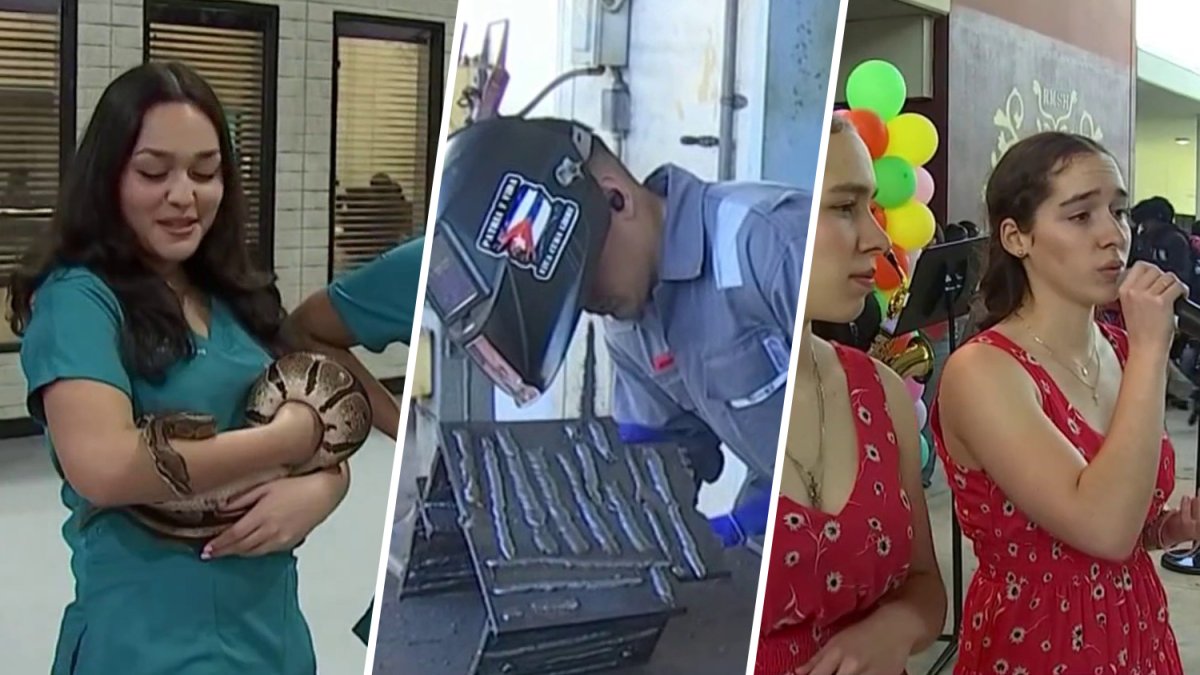
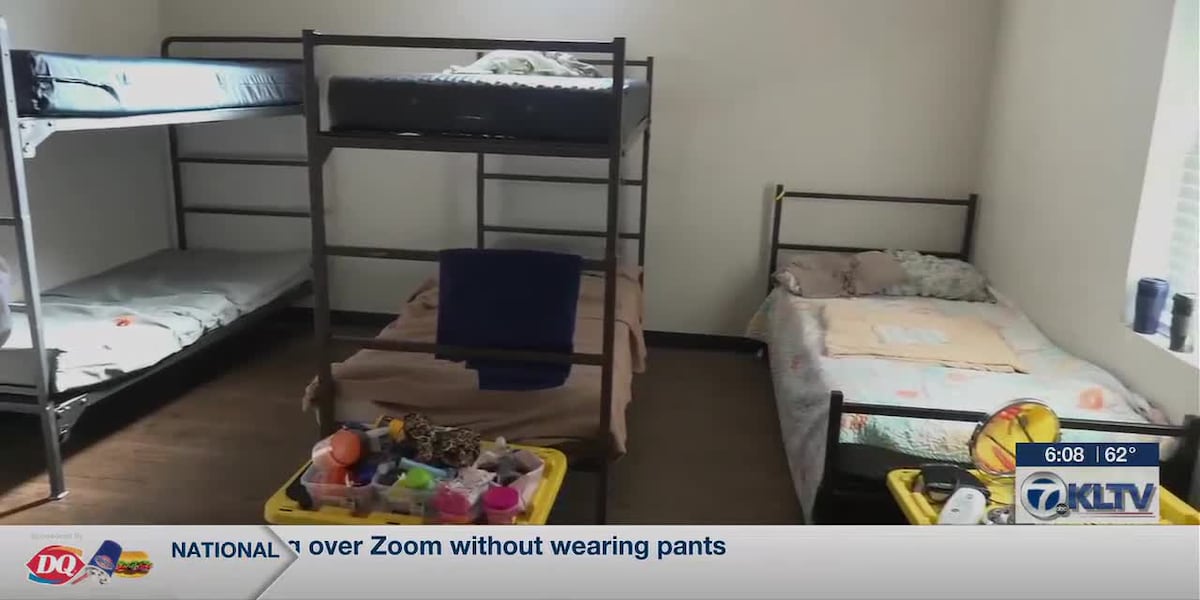



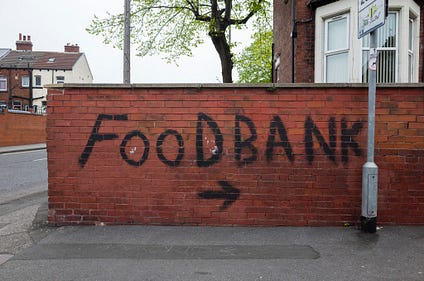

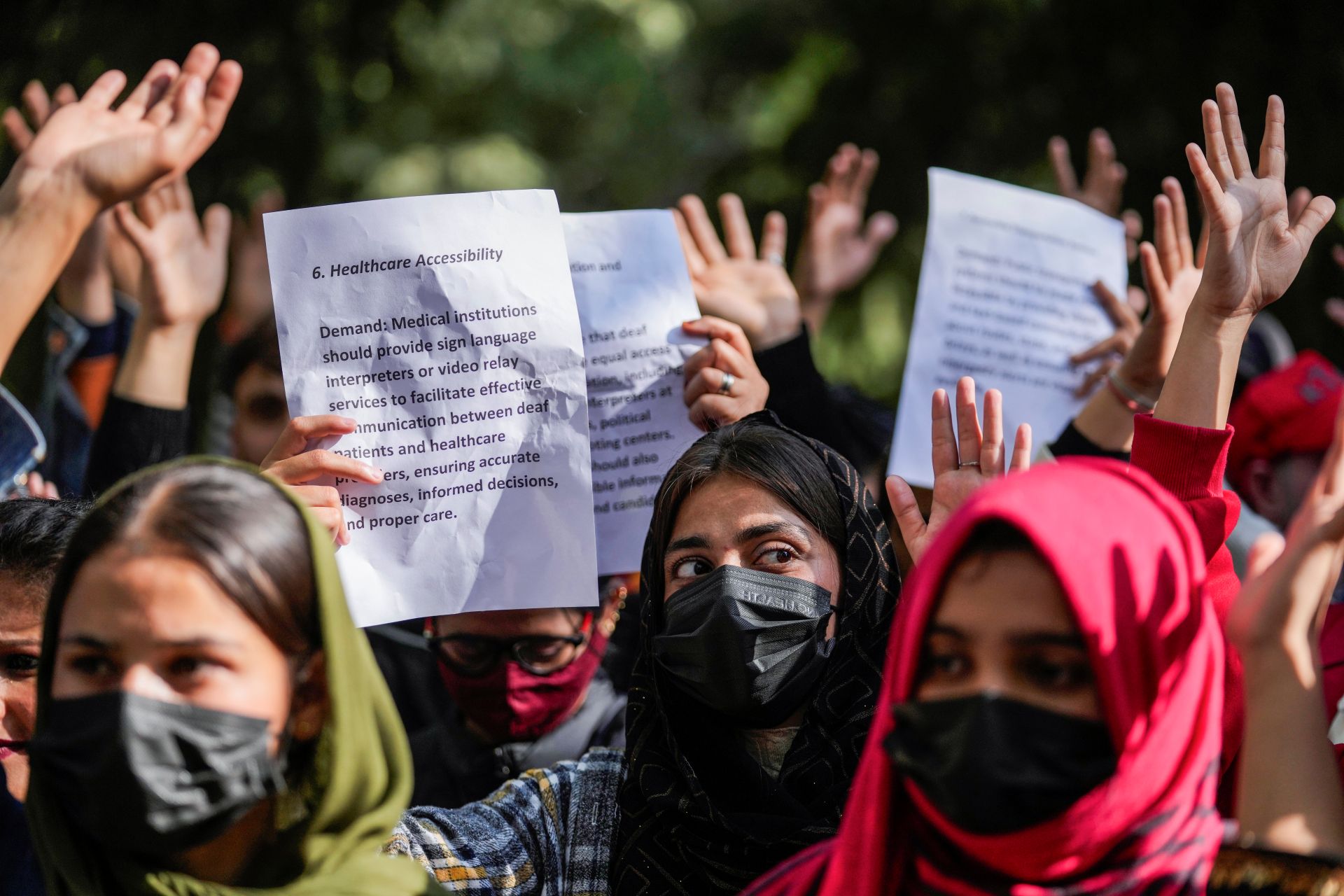



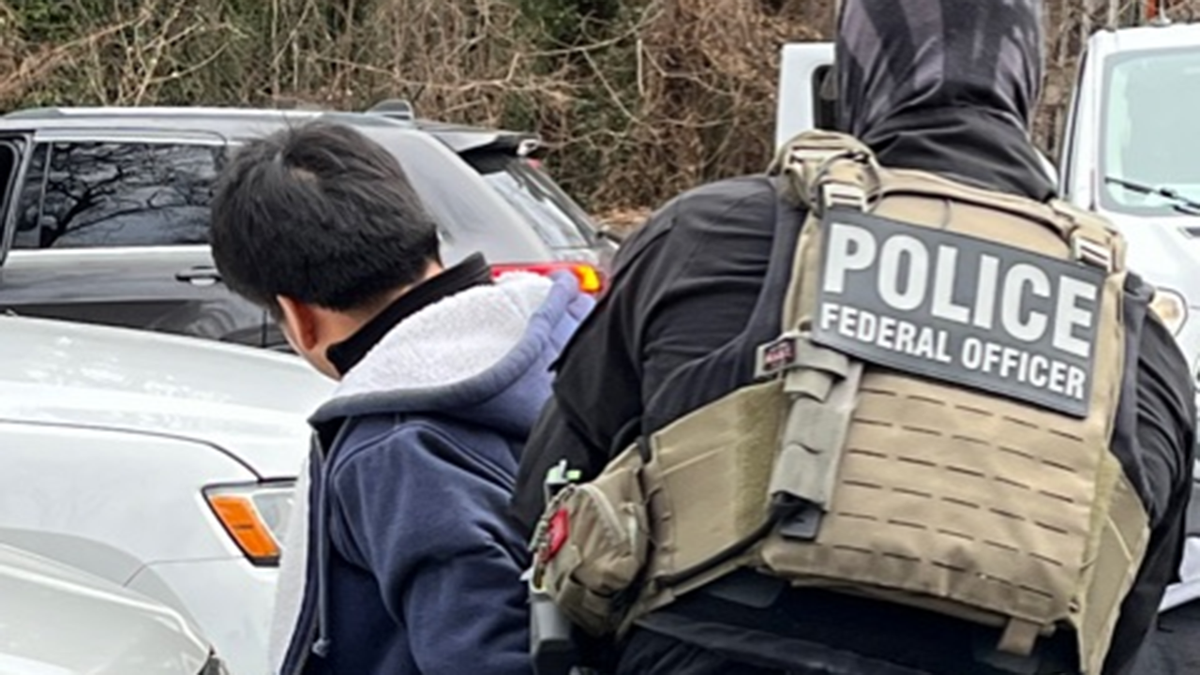





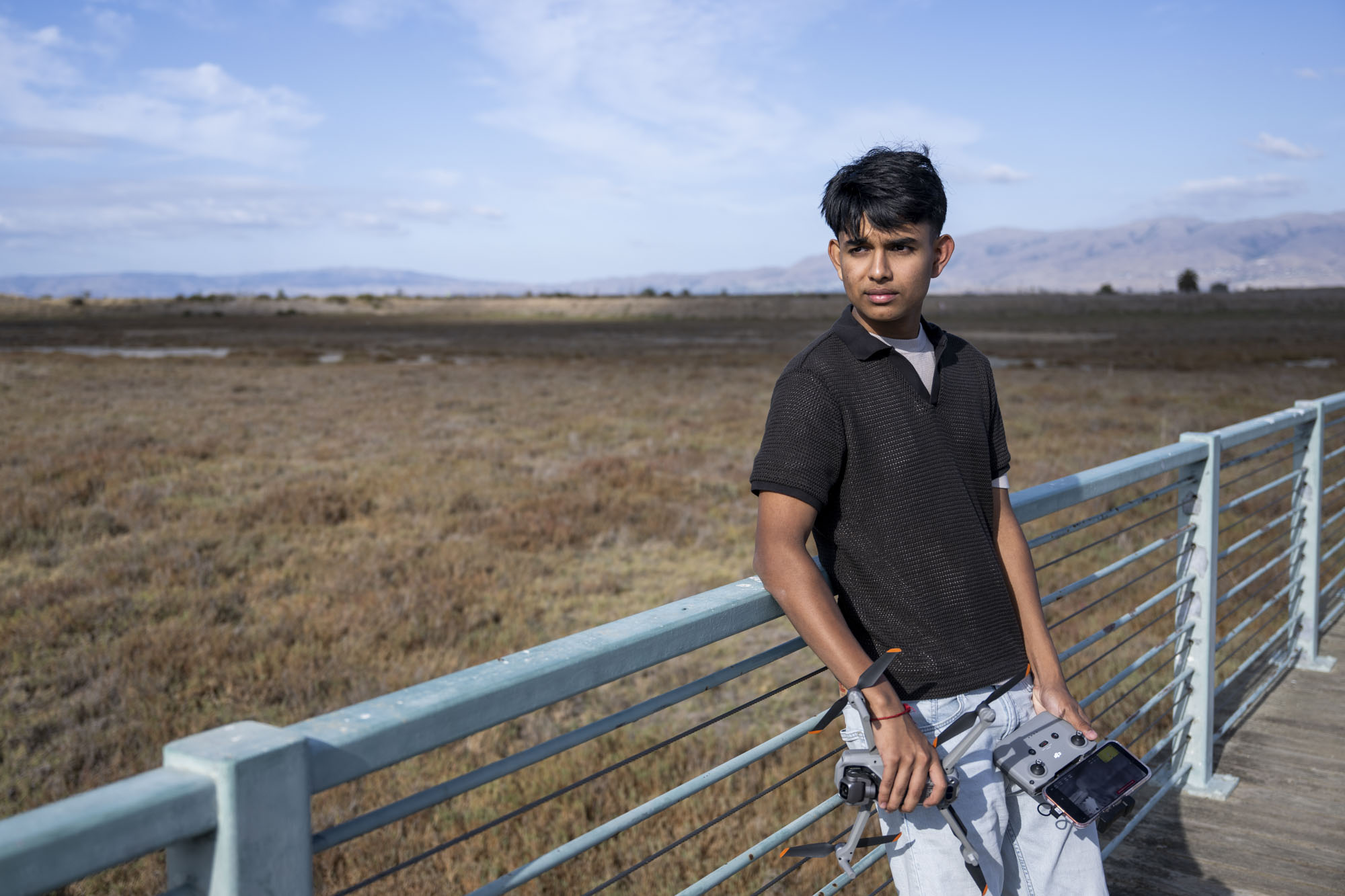

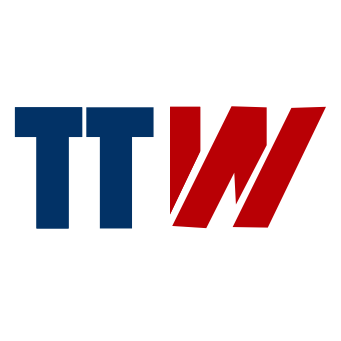

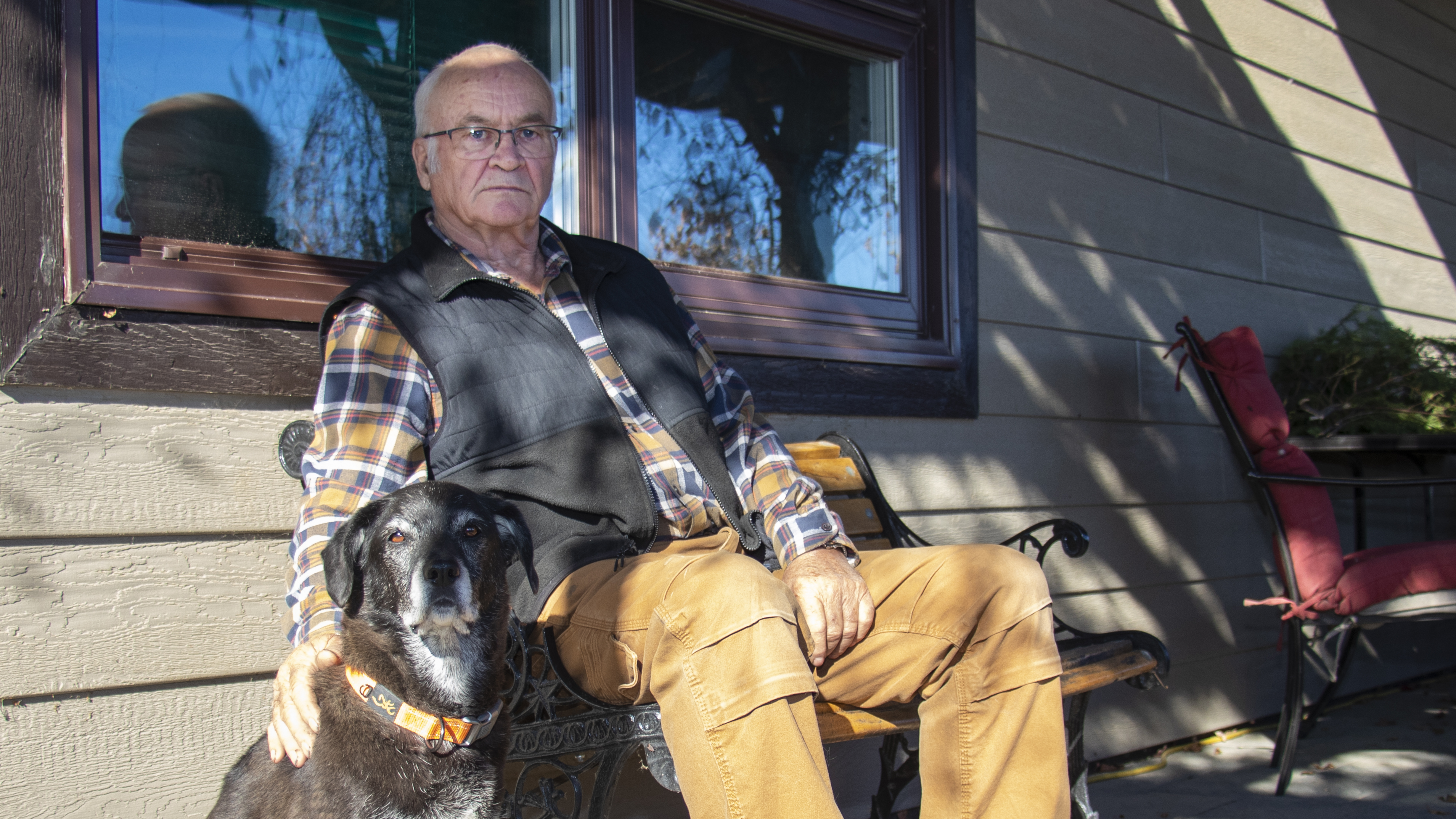;Resize=805#)



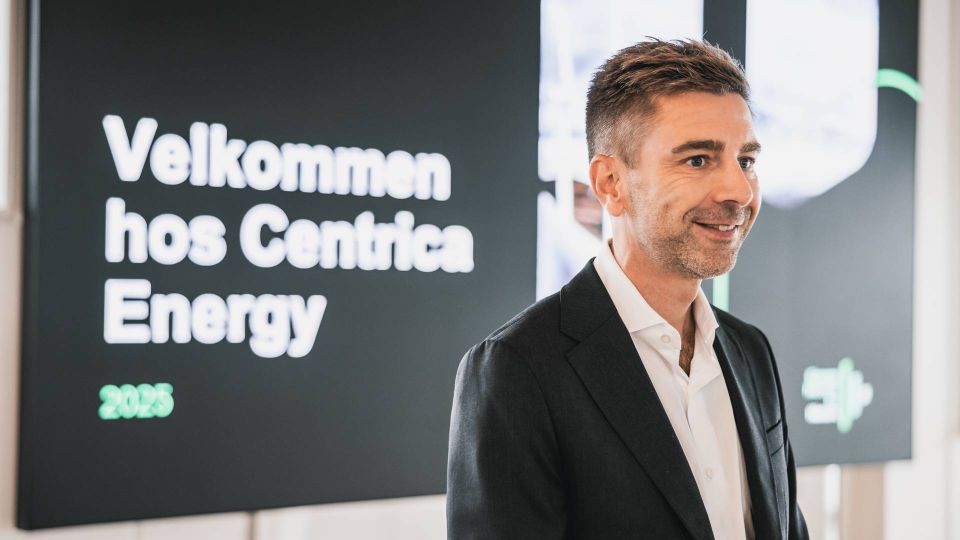
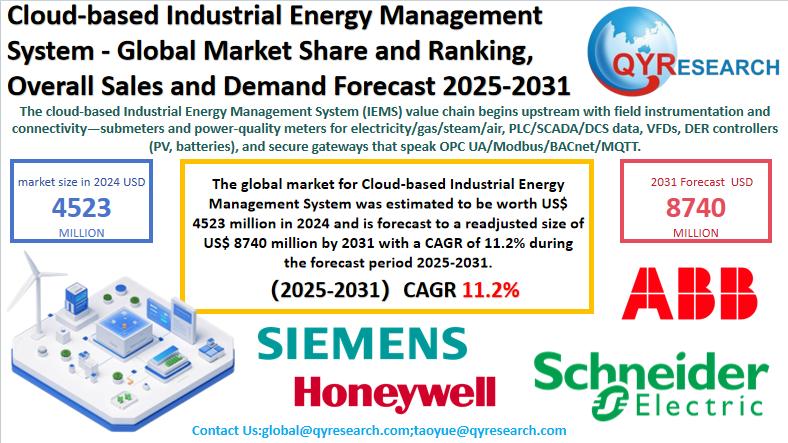
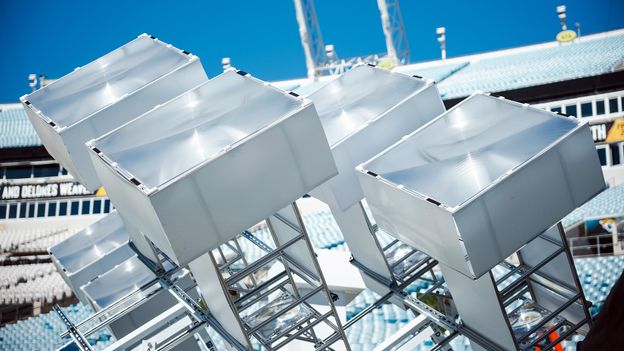
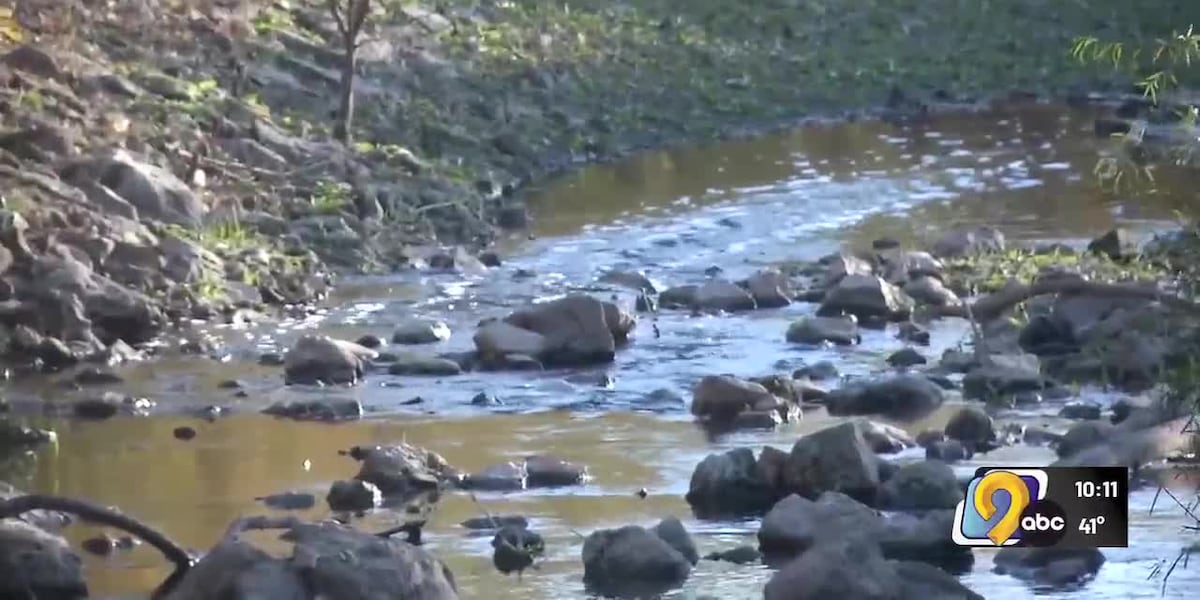
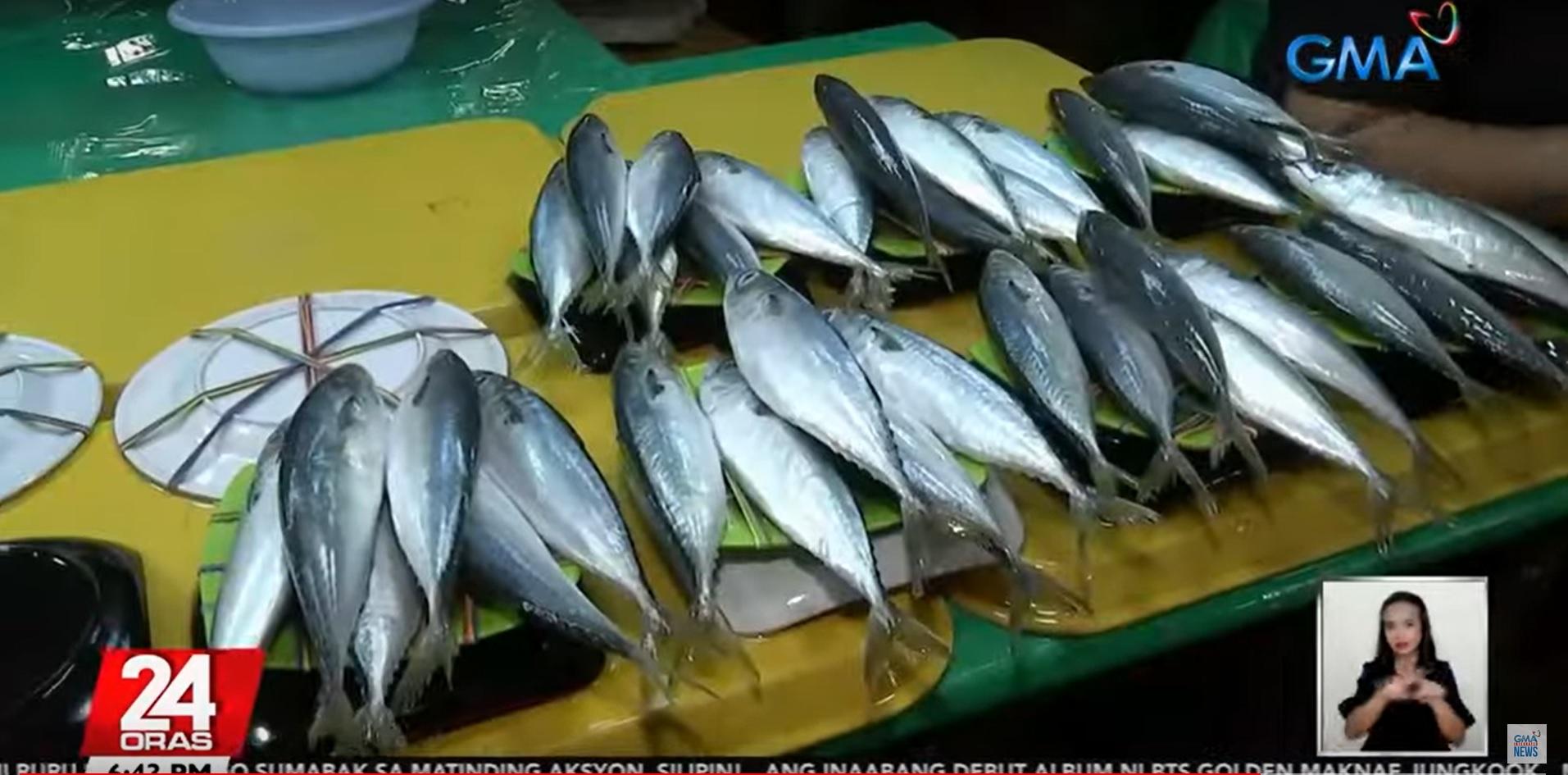


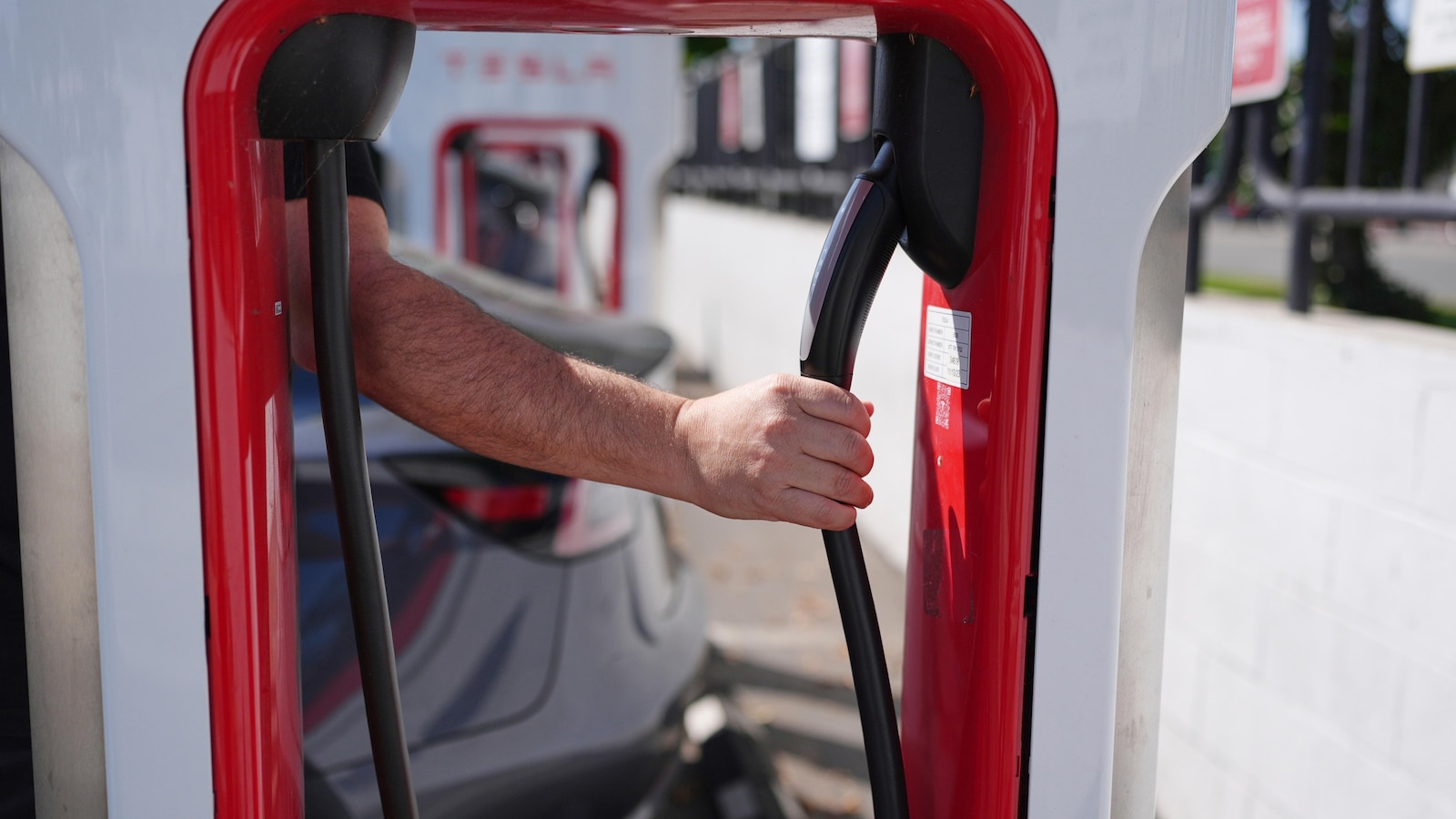
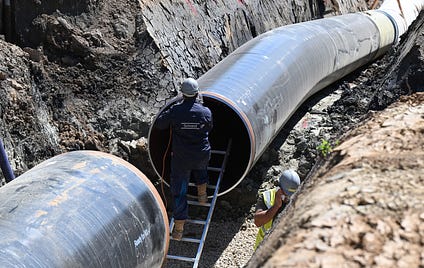
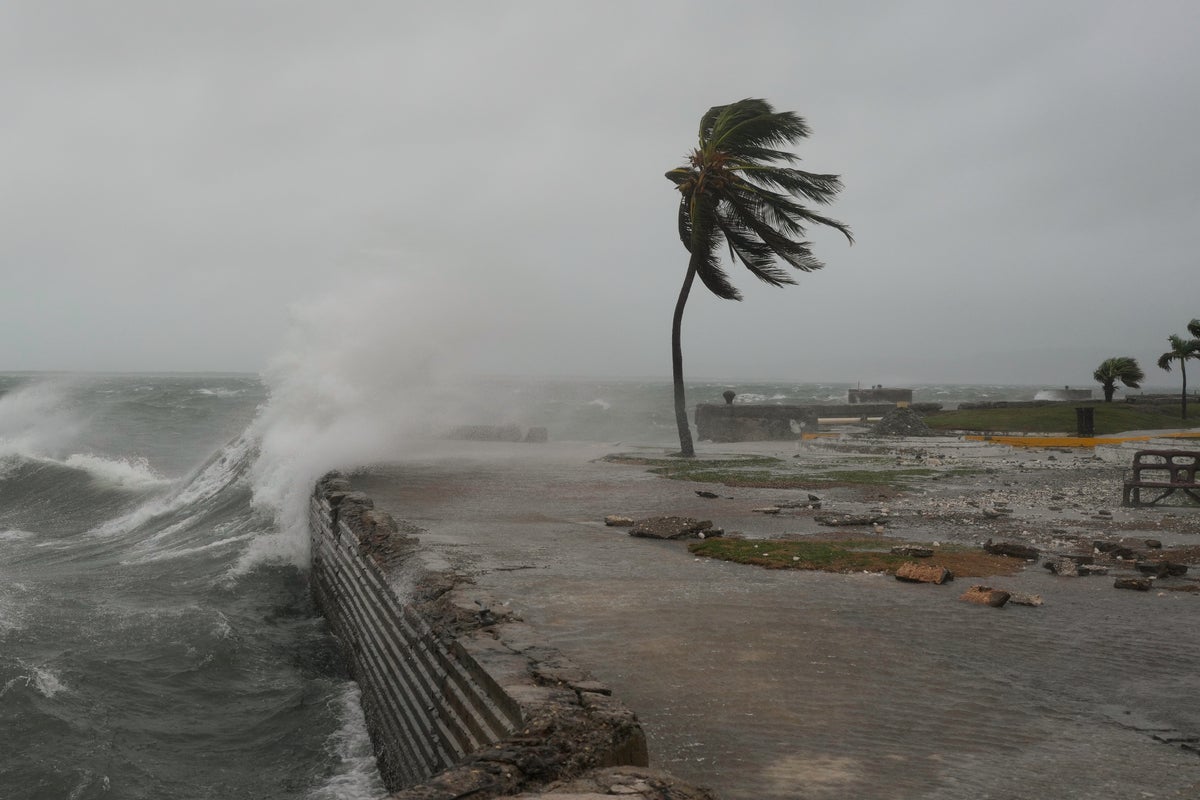

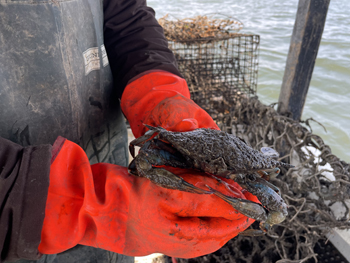





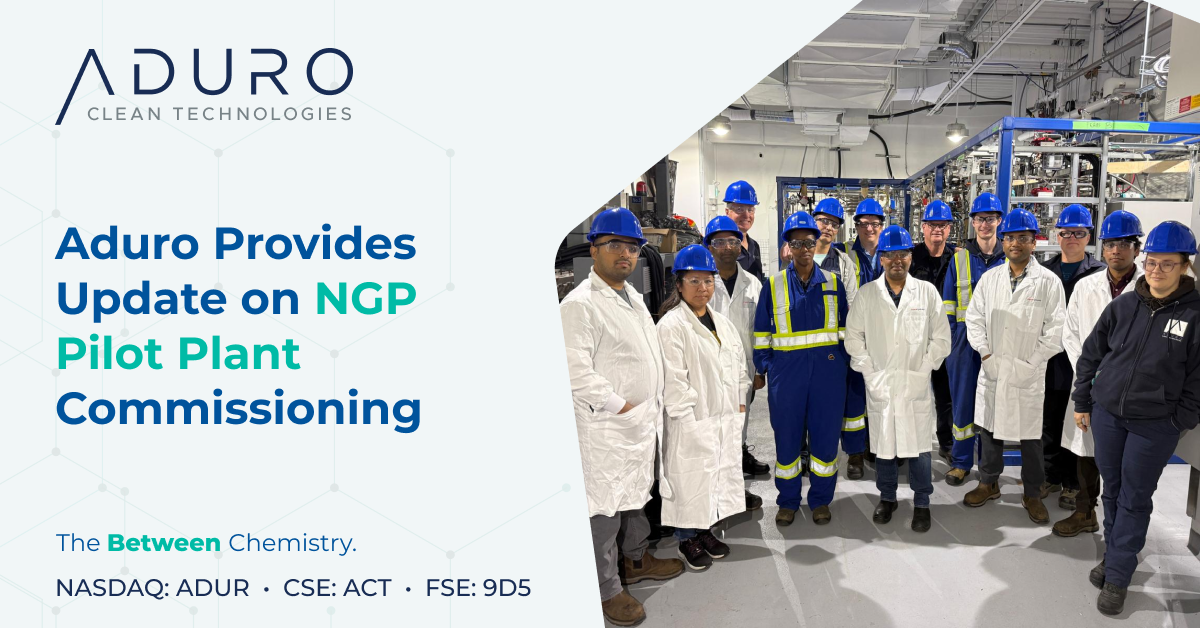


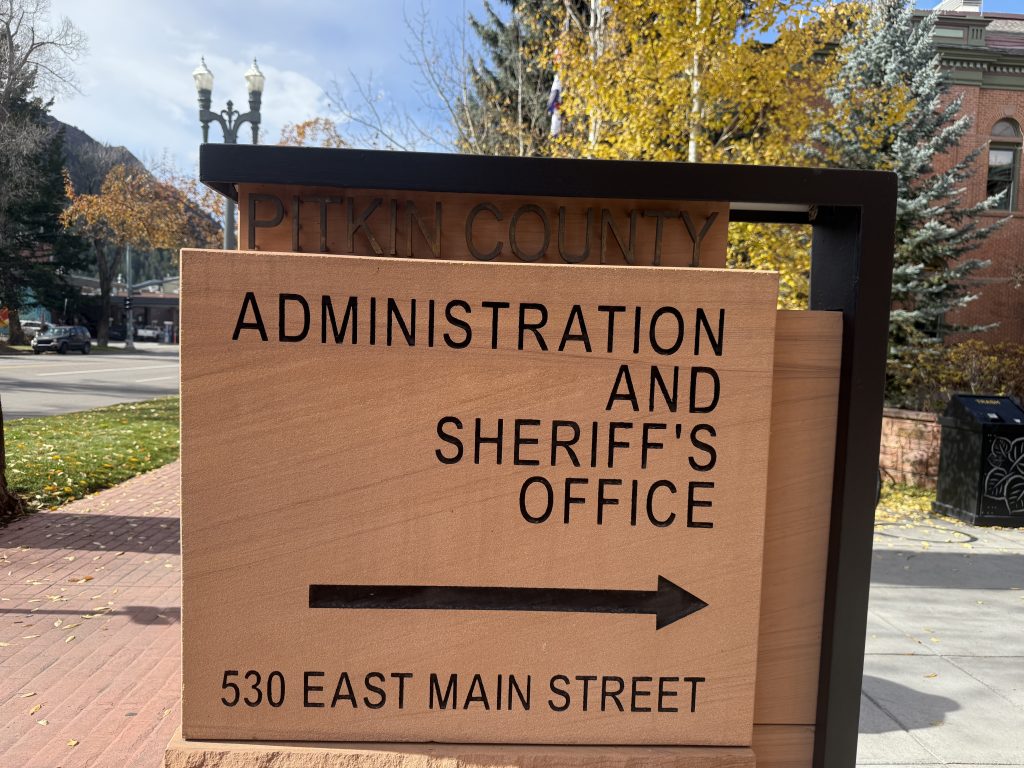


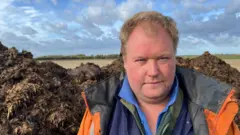


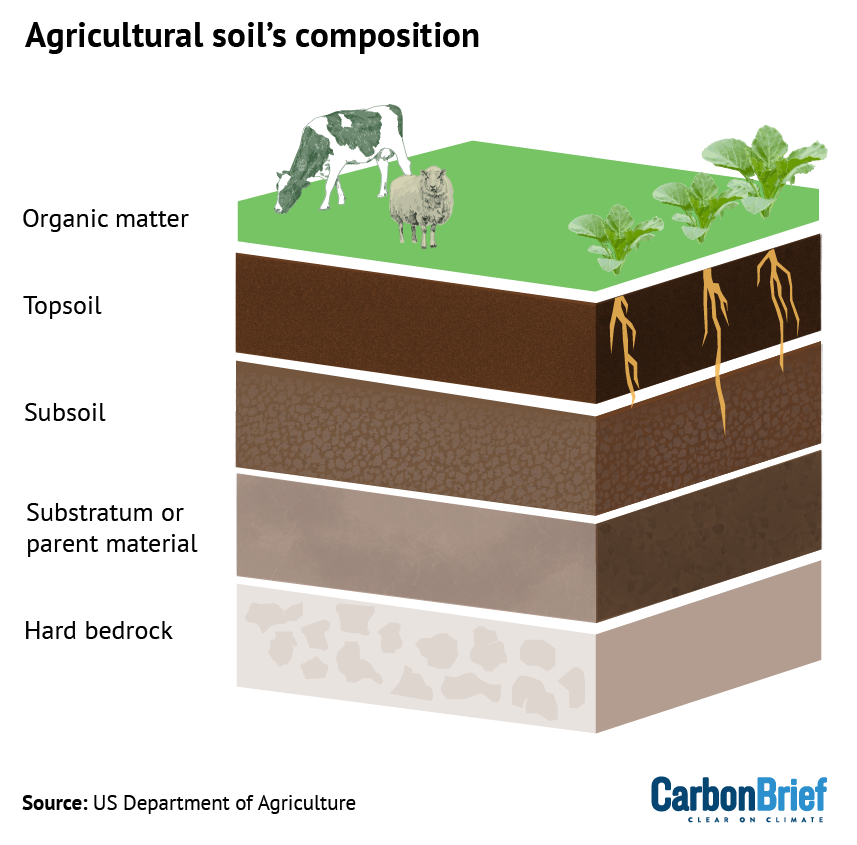


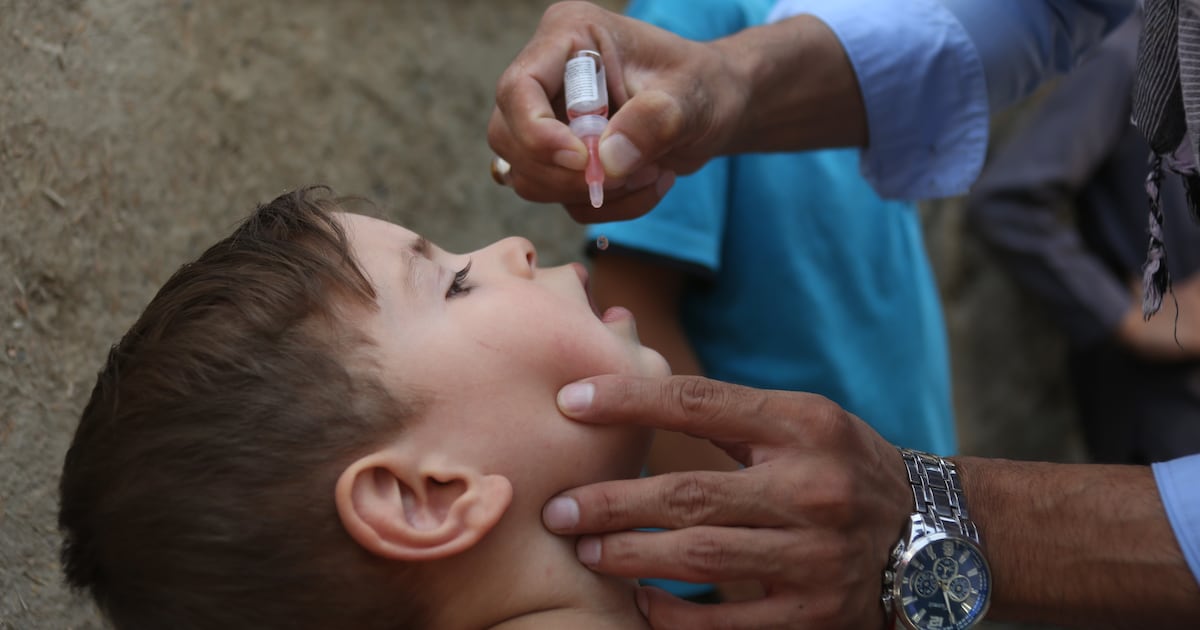

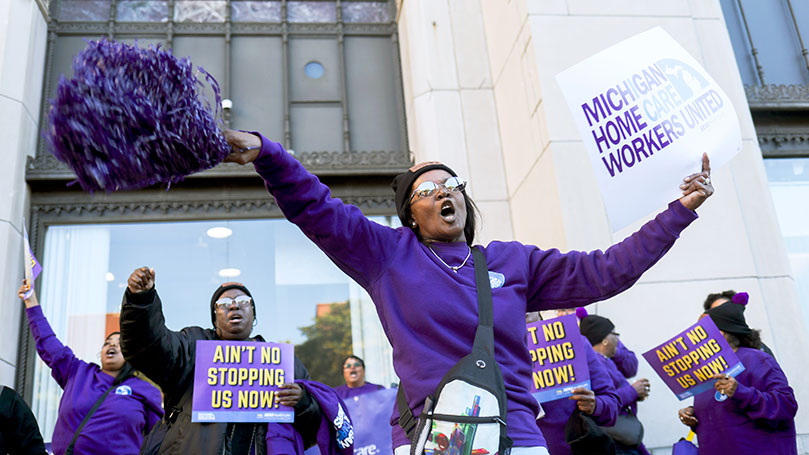

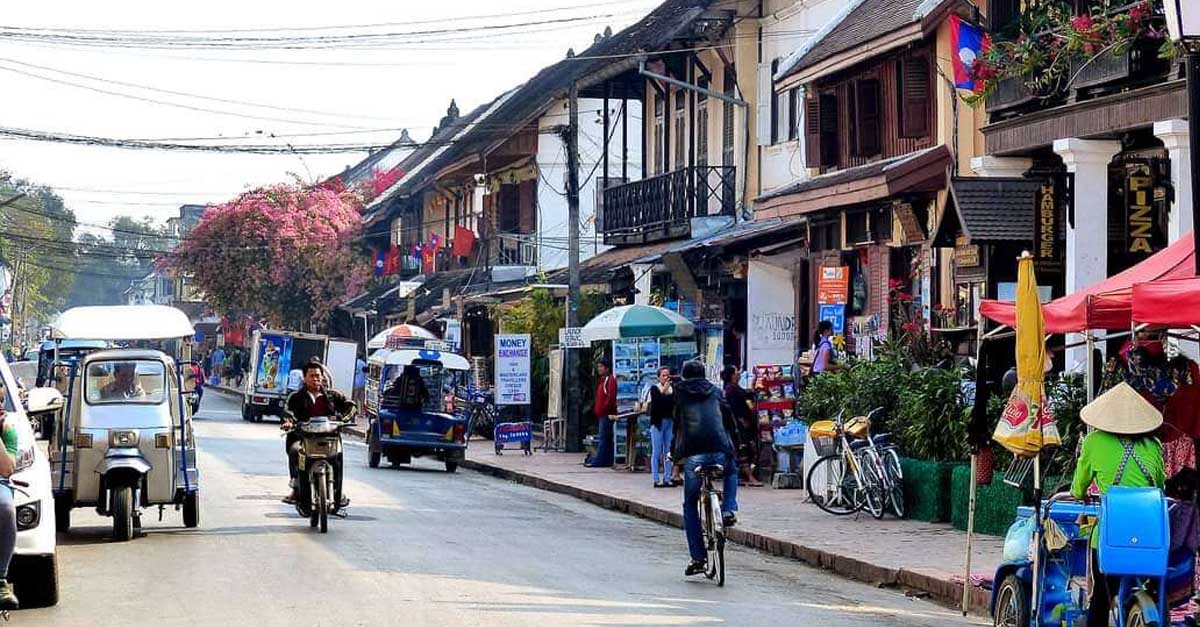


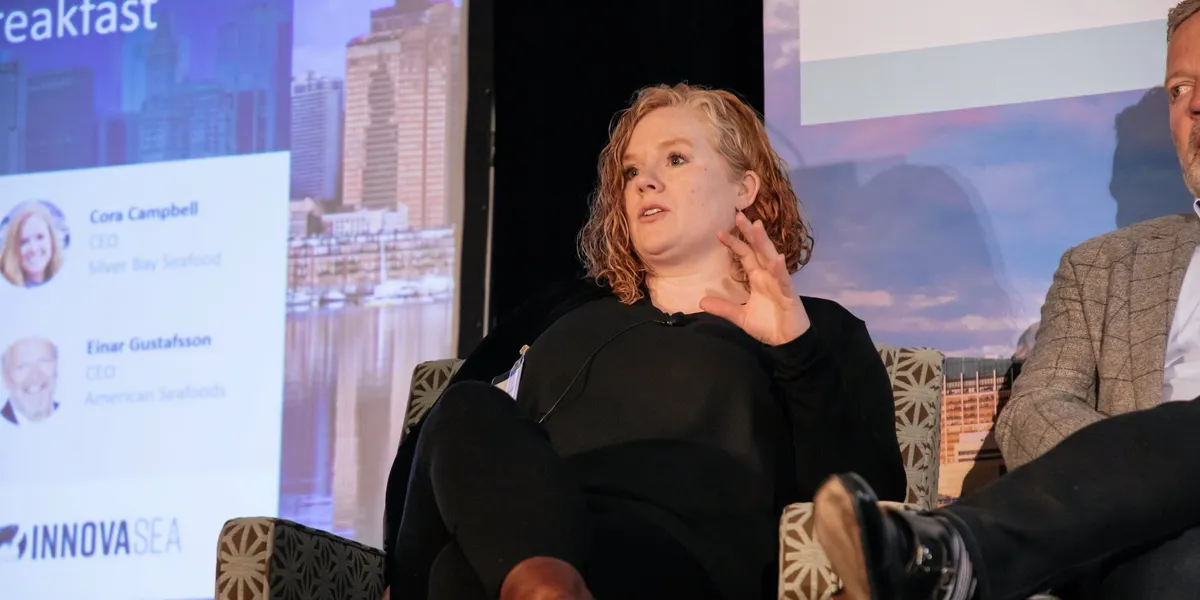
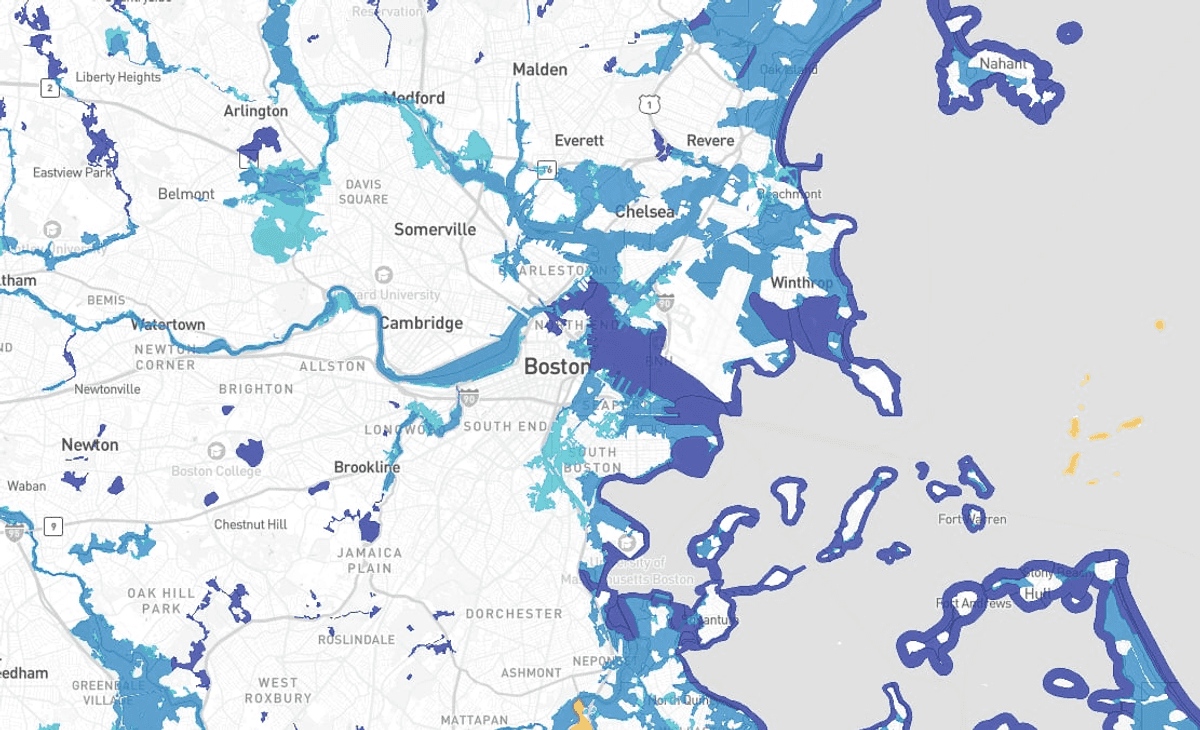
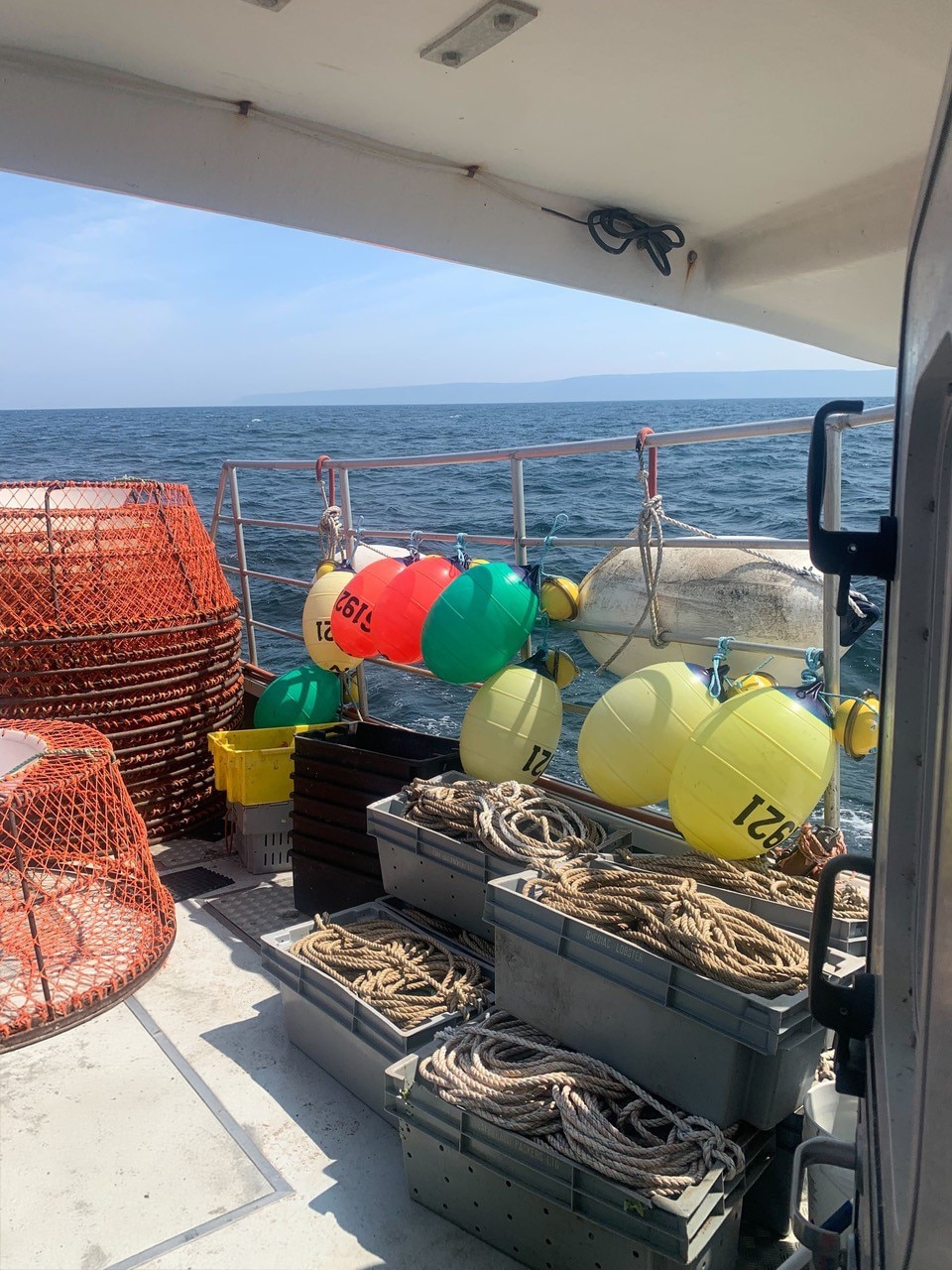
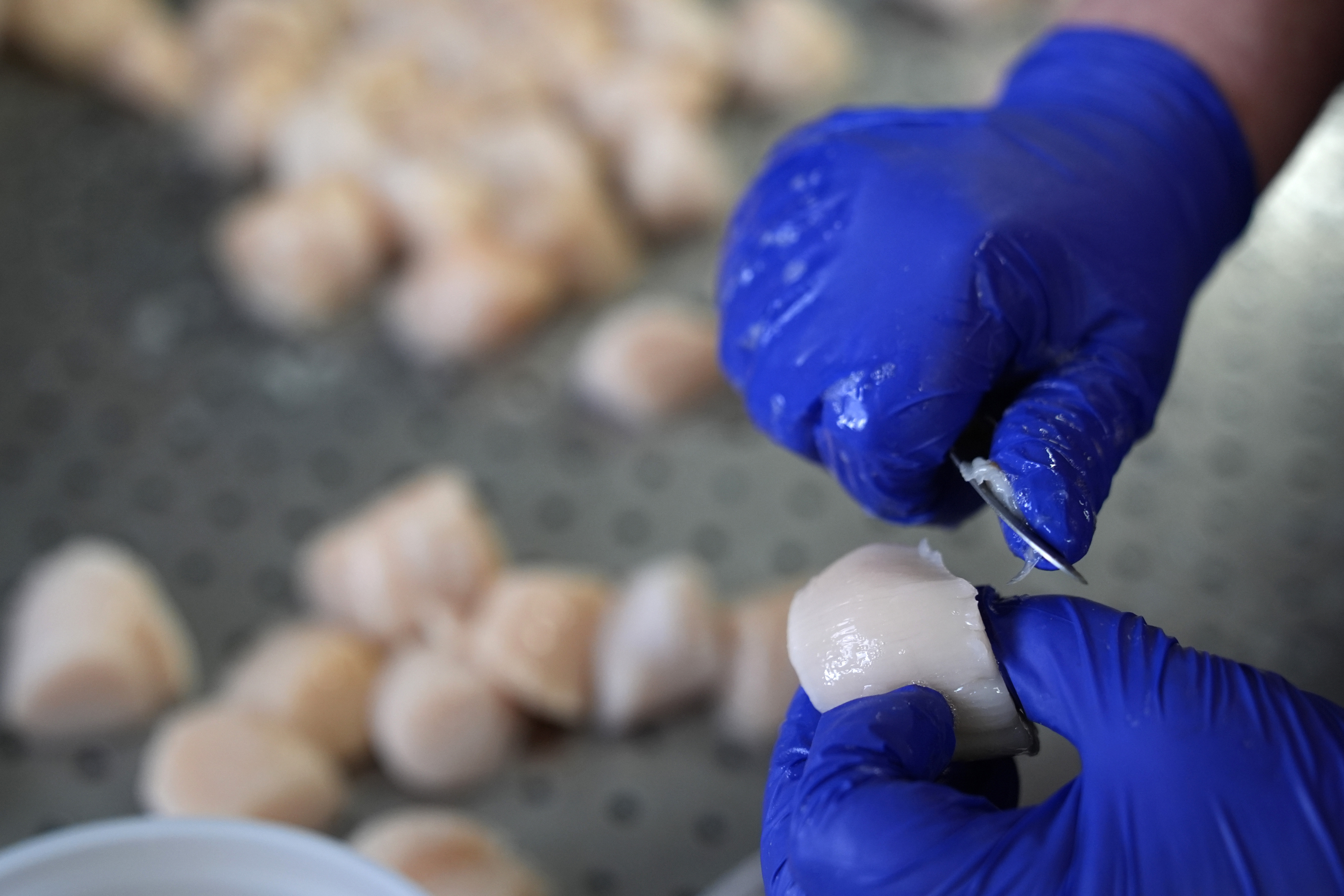;Resize=620#)








